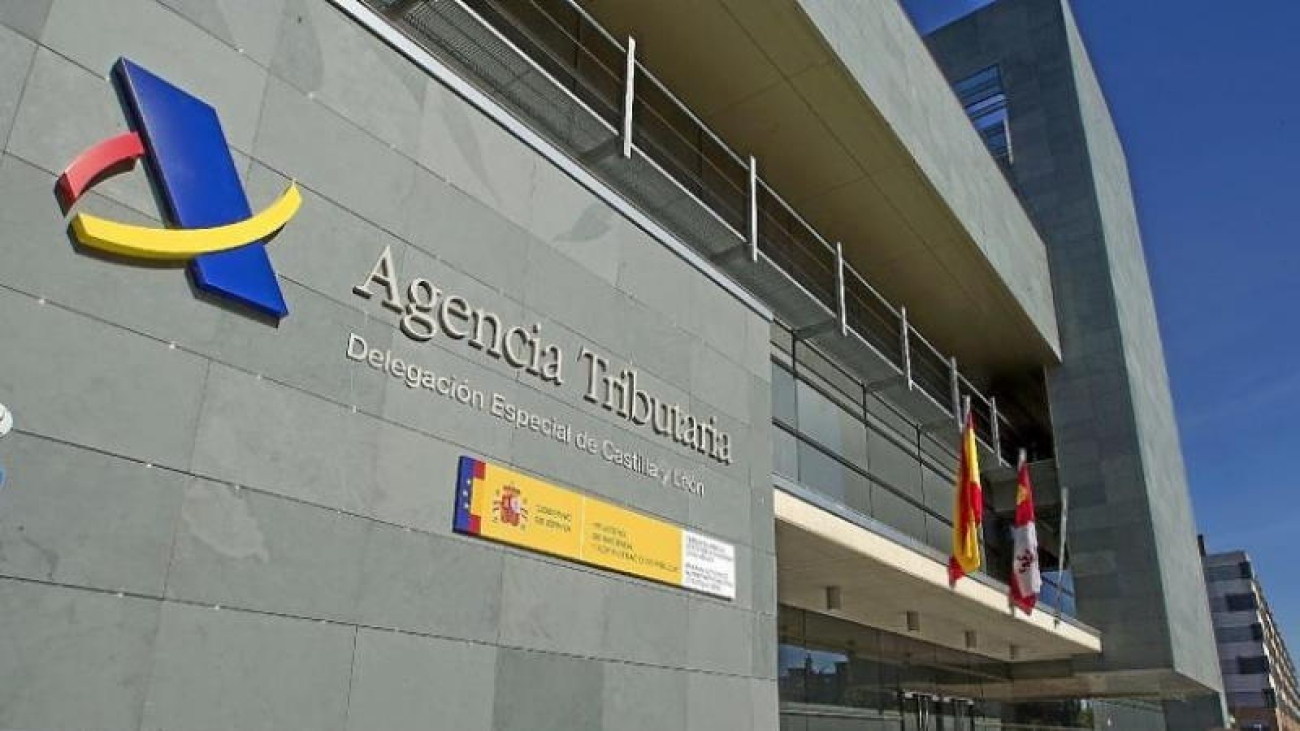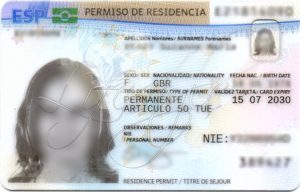Needless to say when taking up Spanish residency, understanding tax in Spain and planning for fiscal residency is important. Tax in Spain is very different to the UK, so for anyone making the move, planning this part of the transition to full-time Spanish residency is should be firmly on the agenda.
Here we provide an overview of the tax related requirements and key points that most need to consider when moving in Spain.
Tax related requirements once you’ve taken up residency in Spain
There are lots of things to consider when taking up residency in Spain, and where tax is concerned, the starting point is understanding all the differences Spanish resident status brings with it.
You are generally liable to pay taxes in the country in which you reside. This means that once you have taken up residency in Spain, you will be subject to Spanish taxation. The obligation to pay taxes in Spain arises when you meet the residency measure based on the 183 day rule. This responsibility applies regardless of whether you have registered as a resident or not.
As a resident in Spain you are liable to pay tax on:
- General income
- Interest on savings and investments
- Capital gains on sale of assets
- Wealth (if your total wealth is €700k or more – €1m including allowance for family home)*
- Gifts and inheritance
*Allowances are lower in some regions – in Madrid and Andalucia wealth tax is currently waived.
Large fortune tax is a new national tax on wealth that kicks in on net wealth above €3m. (Regionally paid wealth tax is applied as a tax credit)
Spanish residents must also declare assets they own outside of Spain such as:
- Property
- Investments
- Savings
- Pensions
- Insurance
When do you become resident for tax purposes in Spain?
Tax obligations arise for the fiscal year in which you become resident in Spain, not from the date you got your residency. New residents in Spain need to be mindful that the Spanish tax authorities apply the default assumption that an individual who has obtained residency, (formally registered as a resident), in Spain, has done so because they are switching their habitual residence from the country that they were living in, to Spain.
Depending on your circumstances, this means that you could be deemed to be fiscally resident in Spain despite not having lived in Spain for 183 days of the year. For example if in August last year you sold your home in the UK, bought a home in Spain, moved over and obtained residency, under the habitual residence rule you will be deemed to be Spanish tax resident in last year. This is because Spain do not split the tax year, so the fact that you now only have a home in Spain overrides the 183 day rule, i.e. you cannot claim habitual residence in the UK if you no longer have a permanent home there.
On the other hand, if you moved to Spain and obtained residency, however have kept a permanent home in the UK, you could claim that your habitual residence did not change in last year applying the 183 day rule, as you spent more time in your home in the UK than you did your home in Spain. This year as you will spend more than 183 days at your home in Spain, then you will be resident for tax purposes this year.
What do you need to do after becoming a Spanish resident?
Individual circumstances are of course all different. It’s therefore important to know the key things that apply and need to be done in your own personal situation.
Generally speaking, when you change residence from one country to another, in most cases there is, or should be an element of financial and tax planning.
Basic planning begins with knowing the taxes that will apply, the returns that need to be done, and when. Then it’s a case of getting a clear picture of how these will apply in your situation, and the implications so you can plan accordingly.
The following is a summary of the Spanish key tax dates and when they apply according to when you became resident.
Spanish Tax Return Deadlines
Non resident property tax Modelo 210 – 31st December following year (e.g. 2023 must be submitted by end of 2024)
Overseas assets declaration Modelo 720 – 31st March the year after becoming tax resident
Income tax return Modelo 100 – 30th June the year after becoming resident
Tax Return and Declarations Guide for Change of Residency
New Residents Last Year
If you took up residency and became resident for tax purposes in Spain last year, assuming that you were in receipt of income, your personal tax return is due in June this year. If you owned assets outside of Spain, of value €50k or more, you should also have submitted an overseas assets declaration (Modelo 720) in March this year.
Anyone who took up residency in the second half of last year who can claim that their habitual residence did not change, assuming they spent less than 183 days in Spain in the year, then this year is their first fiscal year in Spain. If they were an owner of a property owner in Spain the previous year, they will complete their last non resident property tax return this year and in June next year their first resident income tax return will be due.
New Residents This Year
Anyone who moved to Spain in the first half of this year, will generally be deemed tax resident in Spain this year. If applicable, the Overseas Assets declaration, Modelo 720, is due in March next year and income tax returns by end of June next year.
If you take up residency in the second half of this year, and are able to show that your habitual residence didn’t change, then next year will be your first fiscal year in Spain. The Overseas Assets Declaration and income tax returns will not be due until the year after next.
What are the differences between UK taxation and tax in Spain?
Tax in Spain has a general reputation of being excessive compared to the UK. This is not surprising if for example you compare income tax. The basic income tax allowance in Spain is €5,550 (low income €14,000), vs £12,500 in the UK, and the tax rate rises to 30% as soon as your taxable income reaches €20,200. These are clearly negative differences.
There are however also many positive differences. For example, in a family with 4 children, the parents get an addition €19,100 tax allowance between them Rental income from a residential property also has a substantial 60% reduction applied before it is taxed, and the top rate of tax on dividends in Spain is 26% versus 38.1% in the UK.
In some circumstances pensions may also attract less tax in Spain than in the UK. Read more about Taxation of UK Pensions in Spain.
We aren’t going to list every difference in this article, and the above examples illustrate that the differences aren’t necessarily all negative. How it works out for each individual taking up residency in Spain, depends on their situation and how they plan and prepare for their transition to being a Spanish tax payer.
Planning for tax in Spain before taking up residency
Contrary to perception Spanish taxation is often not as bad as many thought, or were lead to believe that it would be. The reality is that if you become resident in Spain, you are liable to pay tax in Spain.
For most it is certainly not a matter to be avoided. Anyone who has recently take up residency in Spain or who is planning to, should be considering the fiscal aspects of their move, the possible tax implication what they need to do to be ready for Spanish taxation.
By taking time to plan, it is possible to minimise potential Spanish tax exposure, limit it, or at very least fully understand it.
We recommend anyone moving to Spain to follow these 5 steps:
Simple Steps to Successfully becoming a Spanish Tax Resident
- Learn about the tax system – what needs to be done and when
- Understand how the Spanish tax regime differs in your situation and what tax you will have to pay
- Find out what tax treatment applies to assets you own and tax breaks that you currently enjoy
- Make changes in your financial set up to minimise, limit or avoid Spanish tax
- Get professional advice on financial or tax matters in both the UK and Spain
Spanish Residency Financial & Tax Consultation
If you are not sure about your tax position, have questions about tax in Spain, or would like assistance with any of the steps above, we can provide you with an initial review of your situation. We’ll highlight key tax points relating to tax, your situation and answer your general questions.
You may need further help understanding how tax in Spain affects you, or planning to limit how much it does. In which case our team of financial and tax consultants specialised in change of residency planning between UK and Spain, are here to help.
Spanish Residency Financial & Tax Consultation
Read more about Overseas Assets Declaration in Spain
This information is provided for informational purposes only and we do not warrant it’s accuracy or completeness. It is not intended to provide advice, and should not be relied on for, tax, legal or accounting advice. You should consult your own suitably qualified tax, legal or accounting advisors before making financial or tax related decisions.


